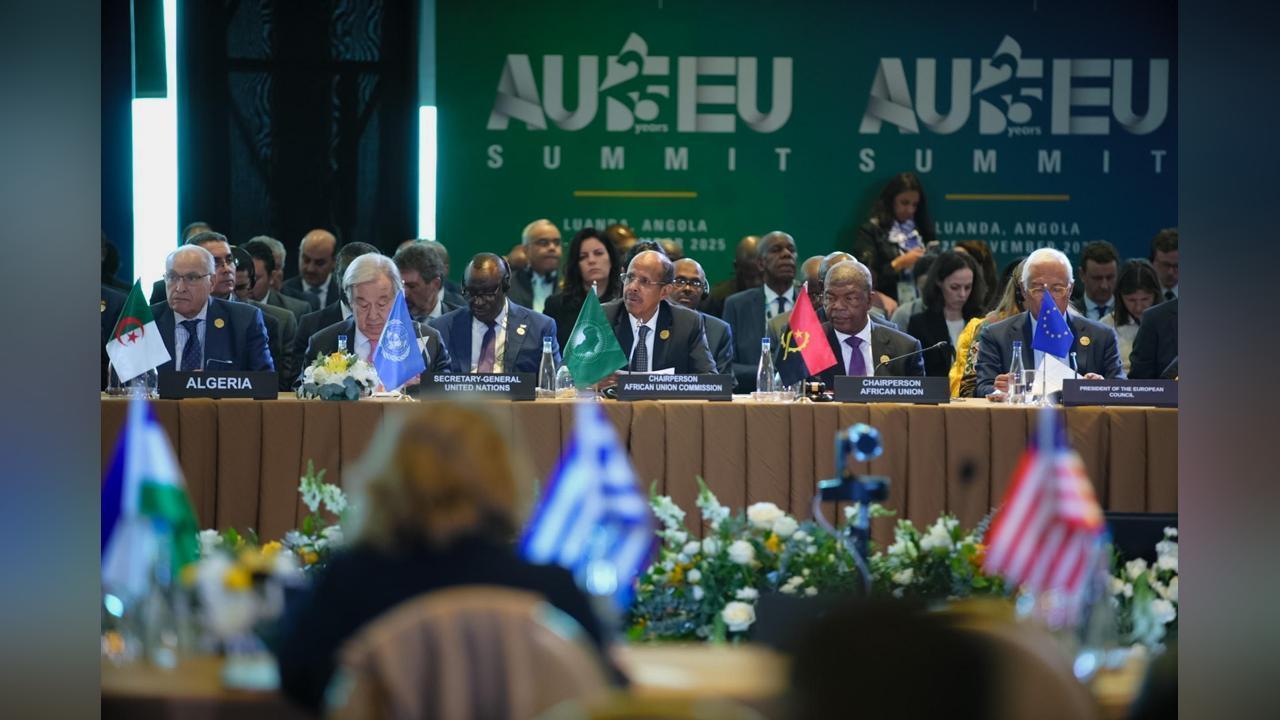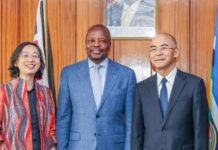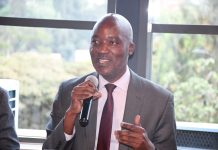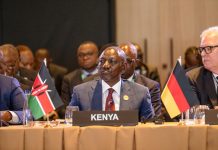Africa-Press – Kenya. The African Union Commission (AUC) Chair, Mahmoud Ali Youssouf, called on for a greater transparency in access to capital and highlighted that the costs faced by African entrepreneurs continue to be significantly higher than those in other regions.
Speaking on Monday in Luanda at the opening of the 7th African Union–European Union Summit, the official stated that African countries are increasingly improving their investment ecosystems and “preparing the ground to attract more European capital”.
For Mahmoud Ali Youssouf, there are no valid economic reasons to justify the disparity in the costs of accessing financing.
According to the AUC Chair, the Bretton Woods institutions, the International Monetary Fund, the World Bank and the World Trade Organization, grant more loans, financial assistance and support for free trade to Argentina “than to all African states combined”, a situation that he considered “abnormal and unfair”.
He also lamented the disproportionate weight of debt sustainability for African countries, an issue that he classified as “essential for the future of the continent’s economies”.
Mahmoud Ali Youssouf also addressed other structural challenges, highlighting the digital sector as a crucial opportunity for the transformation of the African economy.
He called for more investment in innovation, technology, artificial intelligence and the digital economy as a whole.
“Just to give an example, China and the United States are investing billions of dollars in the development of artificial intelligence. We don’t have that money on the continent”, he emphasized.
Mahmoud Ali Youssouf defended structured support that allows mutual and balanced development, reinforcing that “there is no doubt that the African continent will be the engine of global growth in the coming decades”. To this end, he called for joint investments in sectors with high added value.
Under the motto ‘Promoting Peace and Prosperity through Effective Multilateralism’, the meeting seeks to revitalize the AU-EU cooperation framework in a context marked by geopolitical tension, security challenges in the Sahel, increased migration and growing pressure to accelerate African industrialization.
For More News And Analysis About Kenya Follow Africa-Press






